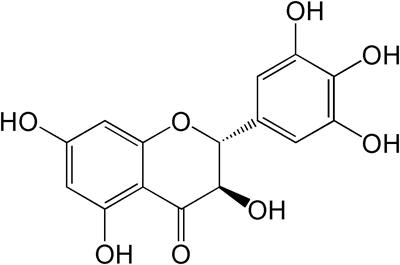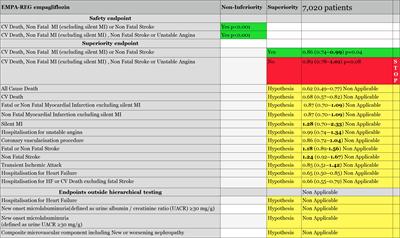EDITORIAL
Published on 31 Oct 2023
Editorial: Non-insulin hypoglycemic drugs in type 2 diabetes remission
doi 10.3389/fendo.2023.1325071
- 1,050 views
10k
Total downloads
34k
Total views and downloads
EDITORIAL
Published on 31 Oct 2023
SYSTEMATIC REVIEW
Published on 16 Oct 2023

REVIEW
Published on 04 Sep 2023

REVIEW
Published on 20 Jul 2023

SYSTEMATIC REVIEW
Published on 08 May 2023

OPINION
Published on 03 Apr 2023
ORIGINAL RESEARCH
Published on 12 Sep 2022
